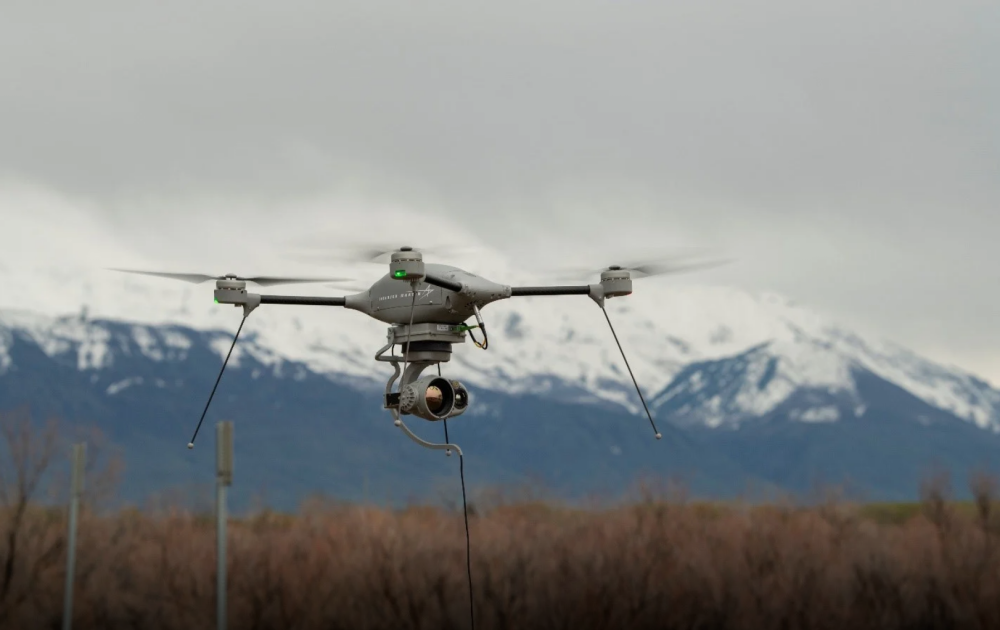Armasuisse contracted Lockheed Martin for a fleet of Indago 3 small unmanned aircraft systems with options for spares, training and tech support and additional systems for the Swiss Army.
Indago provides aerial reconnaissance in environments unreachable by normal fixed-wing, unmanned aircraft systems.
The first phase comprises manufacturing development to optimize the Indago 3’s configuration to meet Swiss Army requirements. These include:
- Integration of a transponder for sense and avoid;
- Installation of the Silvus Technologies’ radio; and
- Implementation of Lockheed Martin CDL Systems’ VCSi Touch SUAS Ground Control System software that includes access to Swiss maps, including digital terrain elevation data (DTED), and Geofencing.
The first set of optimized systems will be delivered later this year with the remaining systems to be delivered several months following the first delivery. These Indago 3s will support tactical level reconnaissance and surveillance to support information collection, search and rescue, disaster relief and battle damage assessment.
“Indago 3 is uniquely qualified to support the Swiss Army’s mission needs,” said Steve Fortson, UAS Portfolio manager at Lockheed Martin. “Indagos operate very quietly from relatively low altitude and provide high fidelity sensor imagery. They are simple to use and require minimal training so soldiers can quickly execute their mission. The Silvus Technologies radios also deliver best-in-class performance and efficiency in a miniature package. They’re ideal for use in portable and embedded applications where size, weight, power and cost are key.”
Depending on payloads and operating environment, Indago 3 has a flight time of up to 50 minutes, a range of 10 kilometers, a cruise speed of 25 knots and dash at up to 40 knots. It can also operate at temperatures as low as 30-degrees below zero and as high as 120 degrees Fahrenheit. It’s cyber-secure with high fidelity color and infrared 3-axis stabilized sensors – and at approximately 5 lbs., Indago can be easily transported by a single backpack and deployed in less than three minutes.
Source: Press Release

